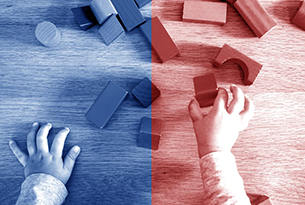California voters eked out a win for children more than two decades ago based on a “sin tax.” Proposition 10 slapped cigarettes with a hefty surcharge to pressure smokers to give up their habit and used the money to improve the health and well-being of young children and their families.
It worked.
When the measure passed in 1998, about 1.5 billion packs of cigarettes were sold and taxed annually in California. By 2022, sales were down to fewer than 550 million packs.
The downside is the inherent paradox baked into the financing of the measure. The less people smoked over time, the less money was available for early childhood programs.




